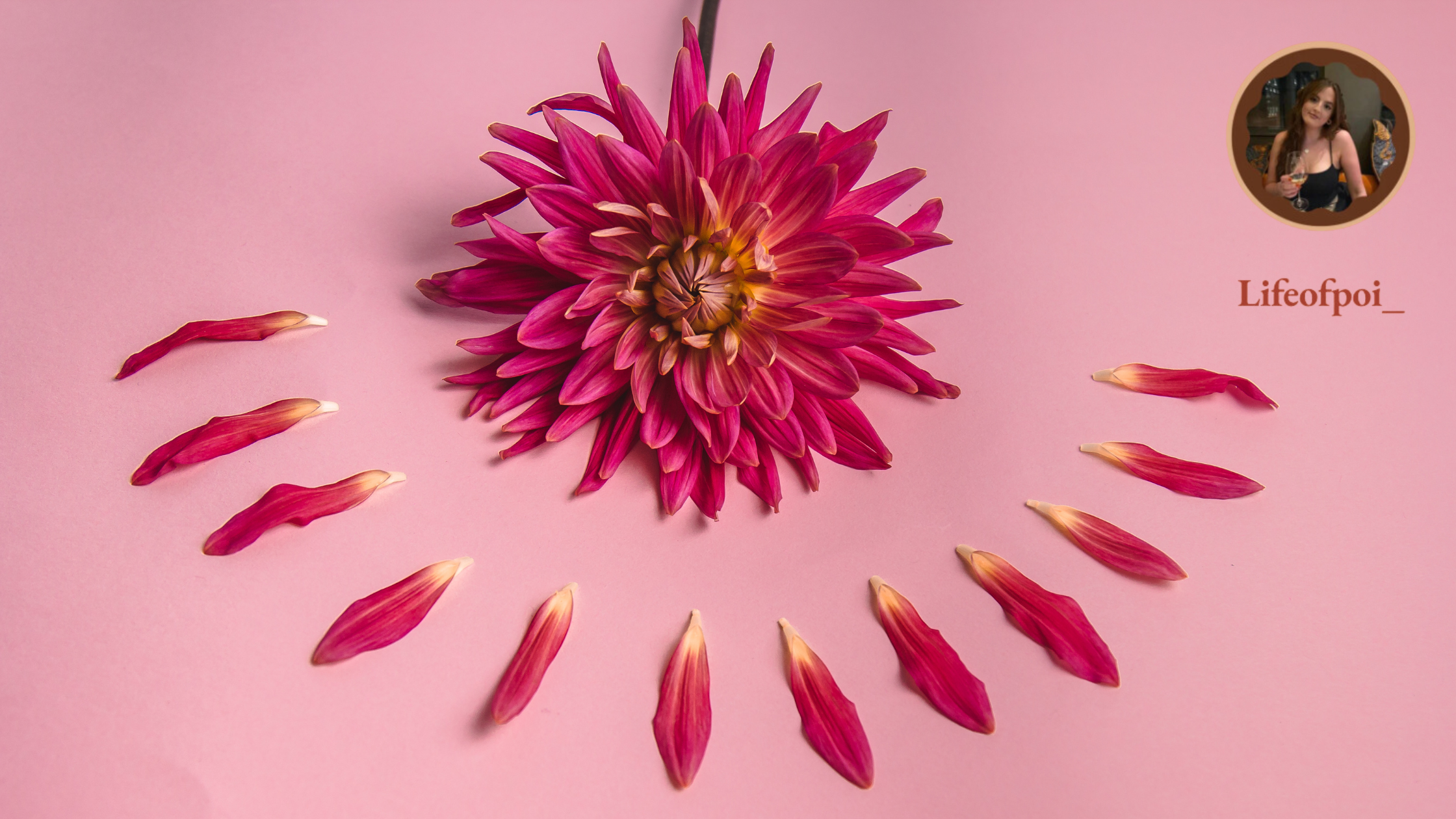Navigating Menopause, Low Libido and Vaginal Atrophy

Written by Sheree Hargreaves, Early Menopause and Premature Ovarian Insufficiency (POI) Advocate, and founder of @lifeofpoi_
Menopause Causes Low Libido and Vaginal Atrophy: How Did This Impact Me When I Was Diagnosed with Premature Ovarian Insufficiency at Just Age 15?
Facing the challenges of menopause is daunting for any woman but experiencing it at just 15 due to premature ovarian insufficiency (POI) was a huge challenge, one that I never anticipated. While menopause is typically associated with older women, my diagnosis thrust me into a world of hormonal changes, emotional hurdles, and physical changes that felt, in all honestly, all-consuming. I attributed it all to puberty, trying to convince myself that I was 'normal'...
Understanding Premature Ovarian Insufficiency (POI)
POI, often referred to as premature menopause, occurs when the ovaries stop functioning normally before the age of 40. For me, the news came as a complete shock. I had been experiencing absent periods and various other symptoms of menopause, but I convinced myself that my body was just acting out as I was only a teenager, but when my doctor explained the diagnosis and what it may mean for my future, it really hit hard. The impacts are profound: I face challenges that many women don’t even consider until much later in life.
The Effects of Hormonal Changes
One of the most significant impacts of POI is a drastic decline in oestrogen levels, leading to symptoms typically associated with menopause. Among these are low libido and vaginal atrophy, both of which dramatically altered my experience of adolescence and young adulthood.
When I was younger, like many other teens my age, I was navigating the complexities of relationships and self-discovery. Only in hindsight, do I recognise the impact POI had on these already complicated experiences. Honestly, I would have described my libido as none-existent, which felt isolating and confusing. The lack of desire was not just a physical response; it began eating away at my self-esteem and impacted my relationship with my body and sexuality. I often felt disconnected from my peers, who were exploring their sexuality while I struggled to feel anything at all.
It wasn’t just about desire; it was about understanding who I was as a person, especially as I navigated my sexuality. The societal pressures of teenage life often magnified my feelings of inadequacy. I wished I could be like my friends, carefree and excited about their romantic lives. Instead, I was grappling with feelings of loss and frustration, trying to make sense of my body’s rebellion against me while also exploring my identity.
Vaginal atrophy, characterised by thinning and inflammation of the vaginal walls, became another unwelcome visitor in my journey. The physical discomfort, dryness, and irritation were not only distressing but also left me feeling vulnerable and anxious. Engaging in intimate relationships became scary, and I found myself avoiding situations that might lead to intimacy.
How do you explain something so deeply personal? The fear of being misunderstood or judged often loomed larger than the discomfort itself. It took time to learn that open communication was essential.
Seeking Solutions
Navigating life with POI meant I had to take charge of my health and seek out solutions. I learned about hormone replacement therapy (HRT) and other treatment options that could alleviate some of the symptoms I was facing. Finding a supportive doctor is crucial. They help you explore ways to manage both your libido and vaginal health effectively.
Additionally, I discovered the importance of self-care/love. Educating myself about my body, practicing mindfulness and self-pleasure, and seeking support from online communities helped me feel less alone.
Embracing a New Normal
While my diagnosis shaped my teenage years in ways I never expected, it also taught me resilience. I learned to embrace a new normal and adapt in ways that improved my libido and alleviated my vagina atrophy symptoms.
Today, I view my journey through a lens of strength. I advocate for awareness around POI and its effects, emphasising the importance of understanding and support for those facing similar challenges. My experience, though laced with difficulty, has made me more empathetic and compassionate, both to myself and others.
Conclusion
Menopause-like symptoms at 15 were a tough reality to face, but they have ultimately shaped who I am today. Navigating low libido and vaginal atrophy was not easy, but I learned to seek help, communicate openly, and prioritise self-care. If you or someone you know is dealing with premature ovarian insufficiency or similar challenges, remember that you’re not alone. There is a community out there, and together, we can navigate this journey toward empowerment and understanding.
Follow @lifeofpoi_ to learn more and break down stigmas.

Leave a comment